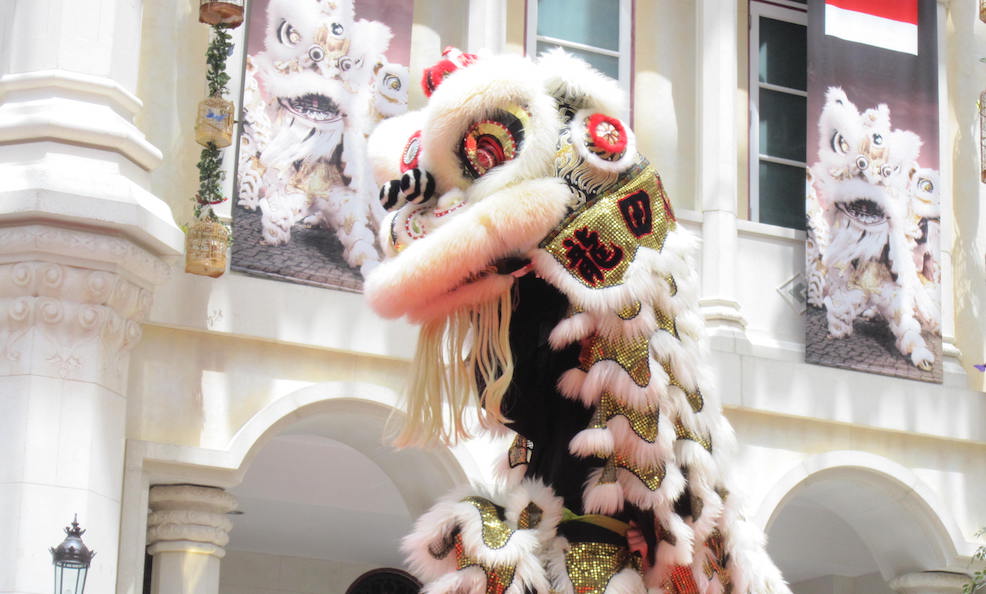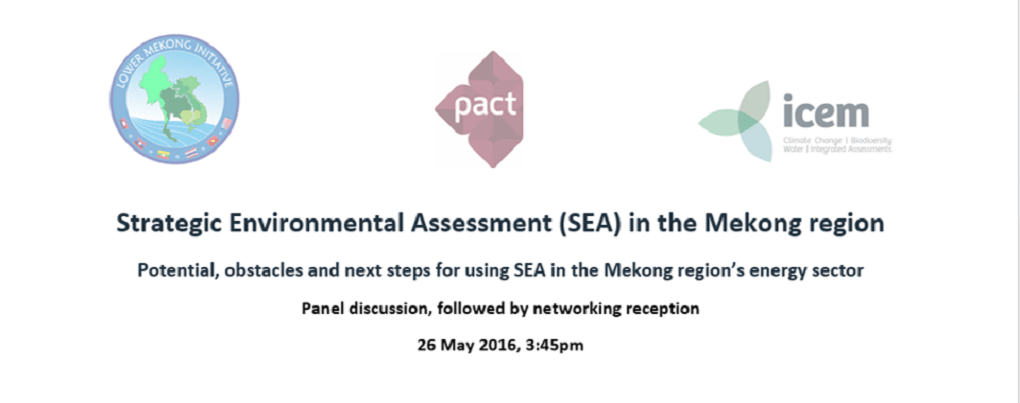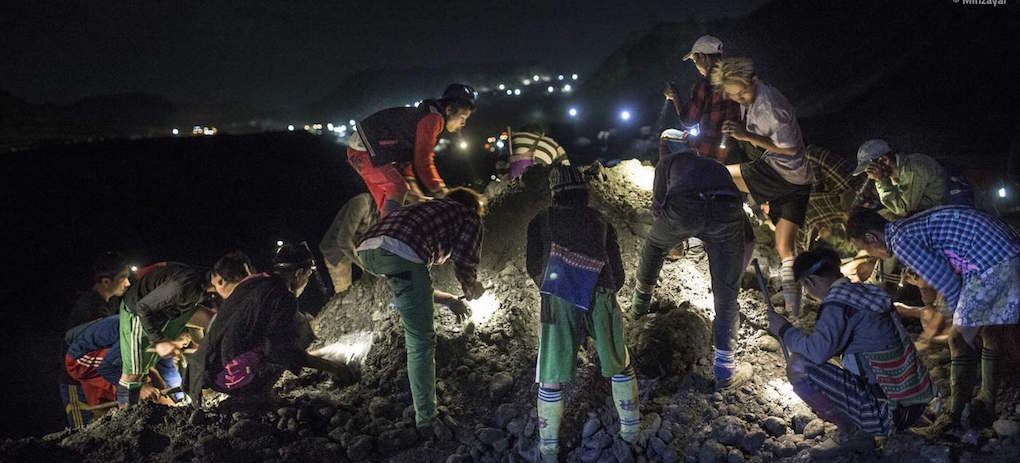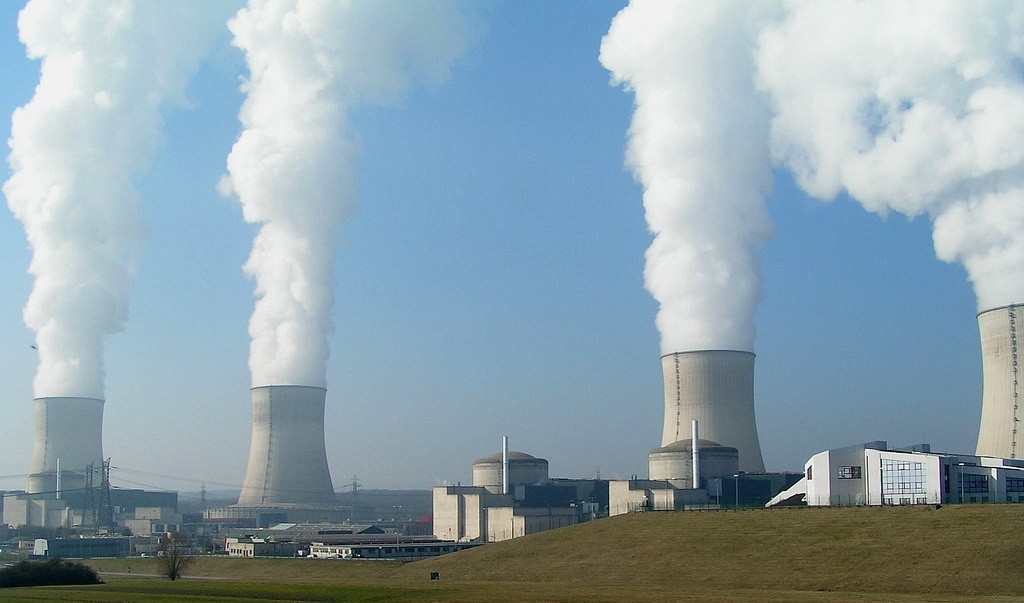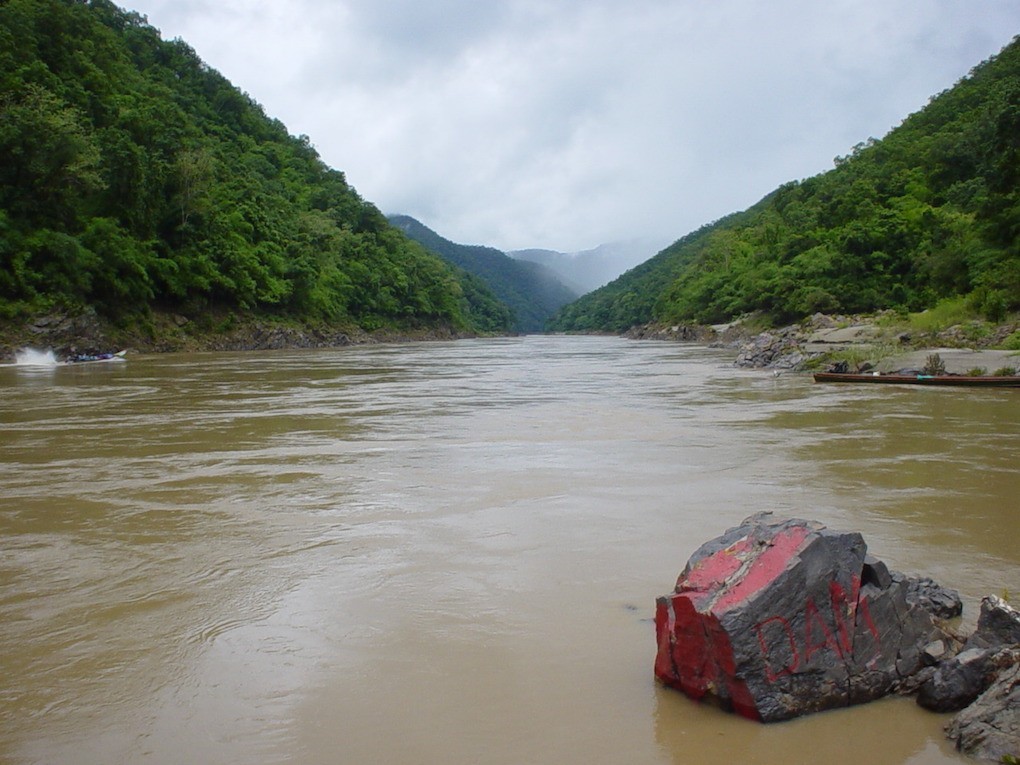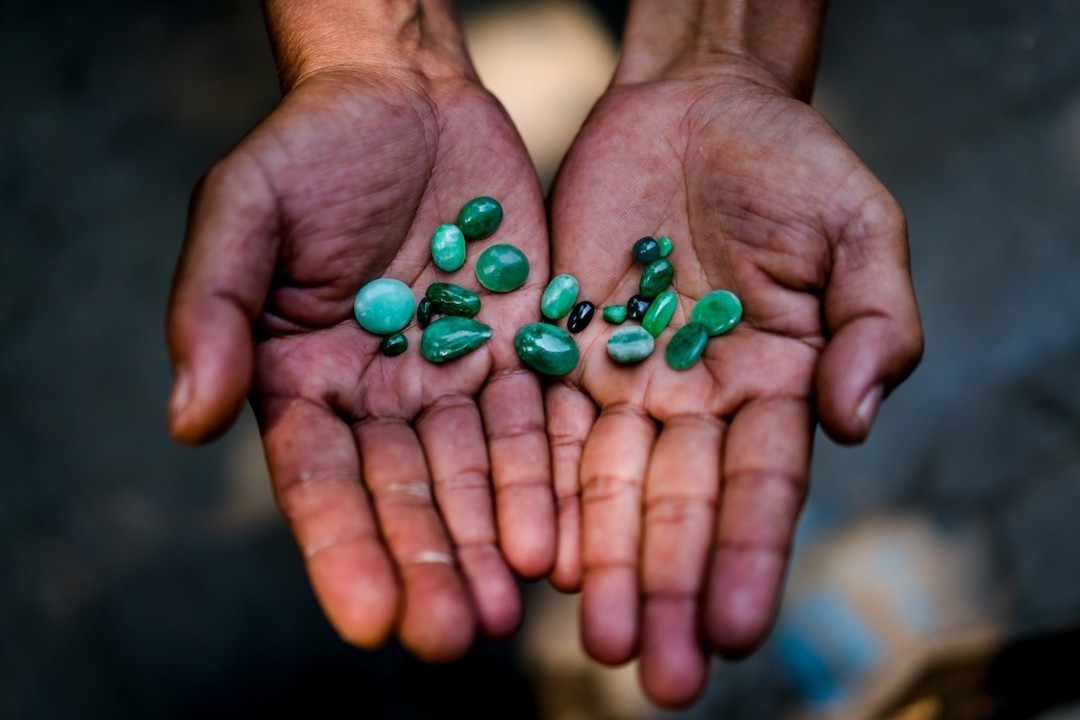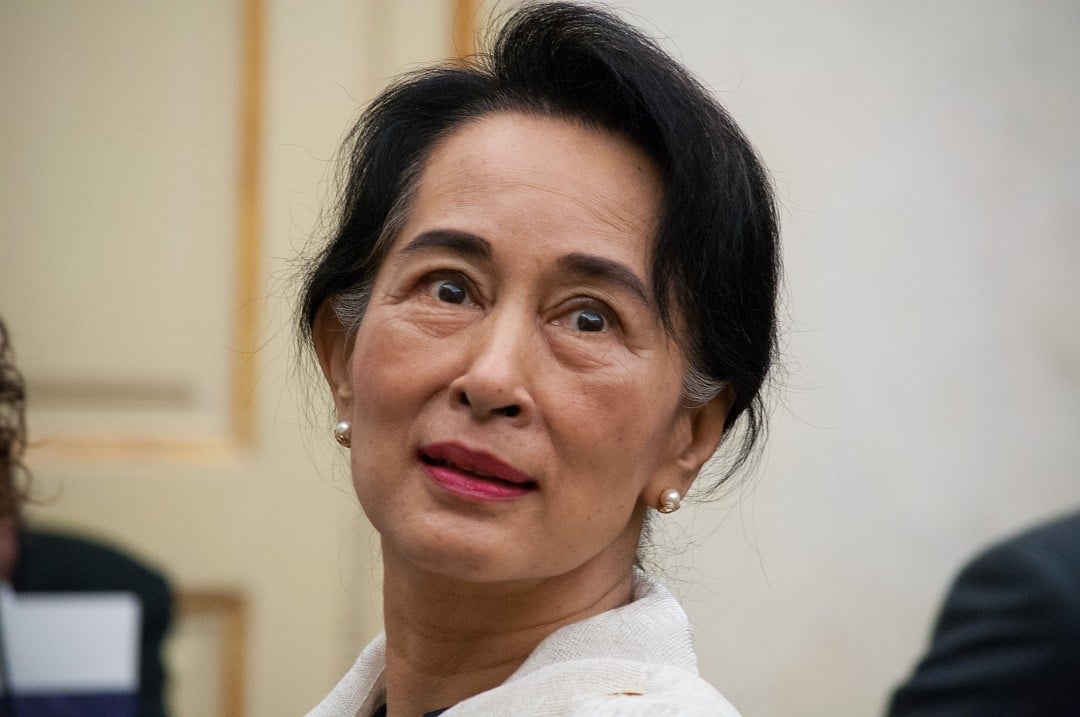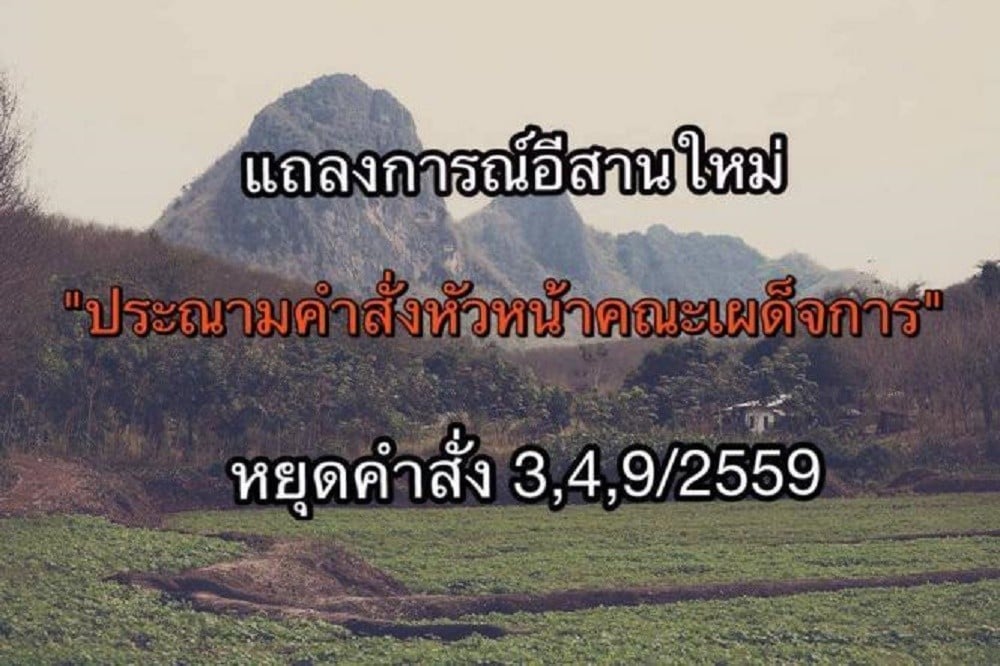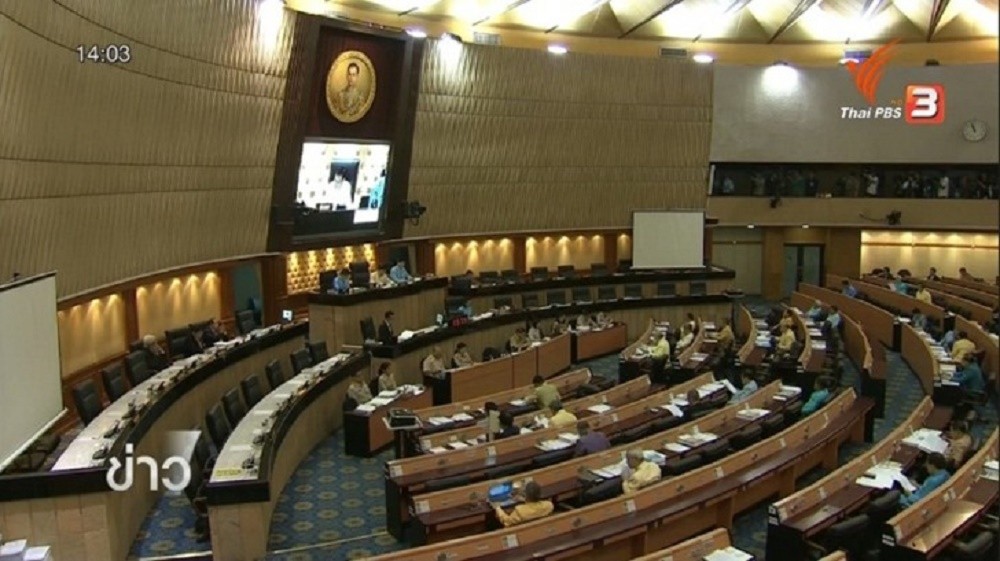China’s growing economic influence through the One Belt, One Road initiative and the newly operational Asian Infrastructure Investment Bank were key topics of discussion at the Asian Development Bank’s annual conference in Frankfurt this week.
The Chinese-led AIIB has 57 founding members with others expected to join. The One Belt, One Road (OBOR) project aims to strengthen infrastructure on the land and sea routes from China through Central Asia and Southeast Asia respectively – incorporating some 60 separate states.
Both initiatives affect Myanmar, as a member country of the AIIB and as a host to Chinese OBOR infrastructure projects – including a recently approved US$3 billion refinery near the southern city of Dawei.


